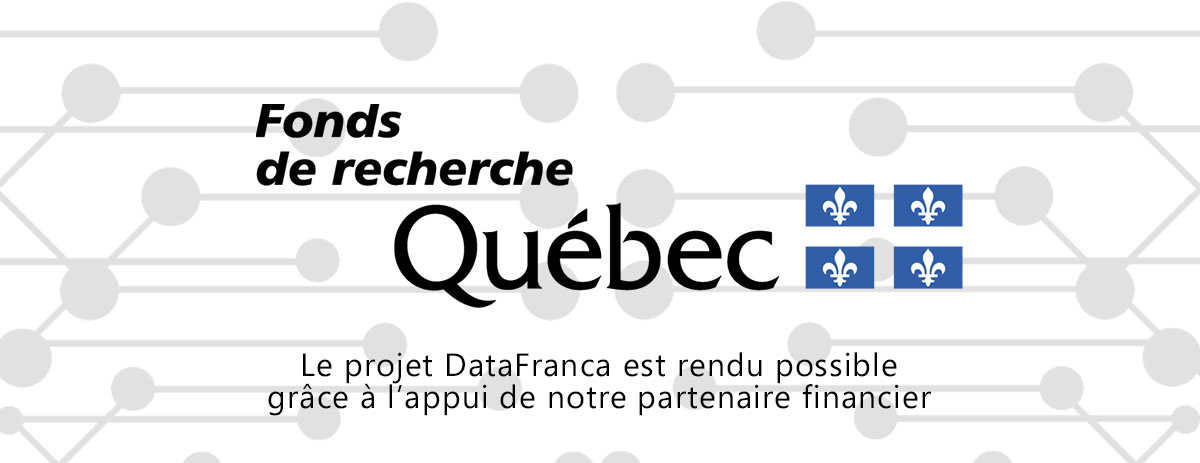Anaphore
en construction
Définition
xxxxxxx
Français
xxxxxxx
Anglais
anaphor
An anaphor is an expression that refers back to a previous expression in a natural language discourse. For example: "Mary died. She was very old." The word she refers to Mary, and is described as an anaphoric reference to Mary. Mary is described as the antecedent of she. Anaphoric references are frequently pronouns, as in the example, but may also be definite noun phrases, as in: "Ronald Reagan frowned. The President was clearly worried by this issue." Here The President is an anaphoric reference to Ronald Reagan. Anaphors may in some cases not be explicitly mentioned in a previous sentence - as in "John got out his pencil. He found that the lead was broken." The lead here refers to a subpart of his pencil. Anaphors need not be in the immediately preceding sentence, they could be further back, or in the same sentence, as in "John got out his pencil, but found that the lead was broken." In all our examples so far the anaphor and the antecedent are noun phrases, but VP and sentence-anaphora is also possible, as in "I have today dismissed the prime minister. It was my duty in the circumstances." Here It is an anaphoric reference to the VP dismissed the prime minister.
For a fairly complete and quite entertaining treatment of anaphora, see Hirst, G. Anaphora in Natural Language Understanding: A Survey Springer Lecture Notes in Computer Science 119, Berlin: Springer, 1981.
Contributeurs: wiki










